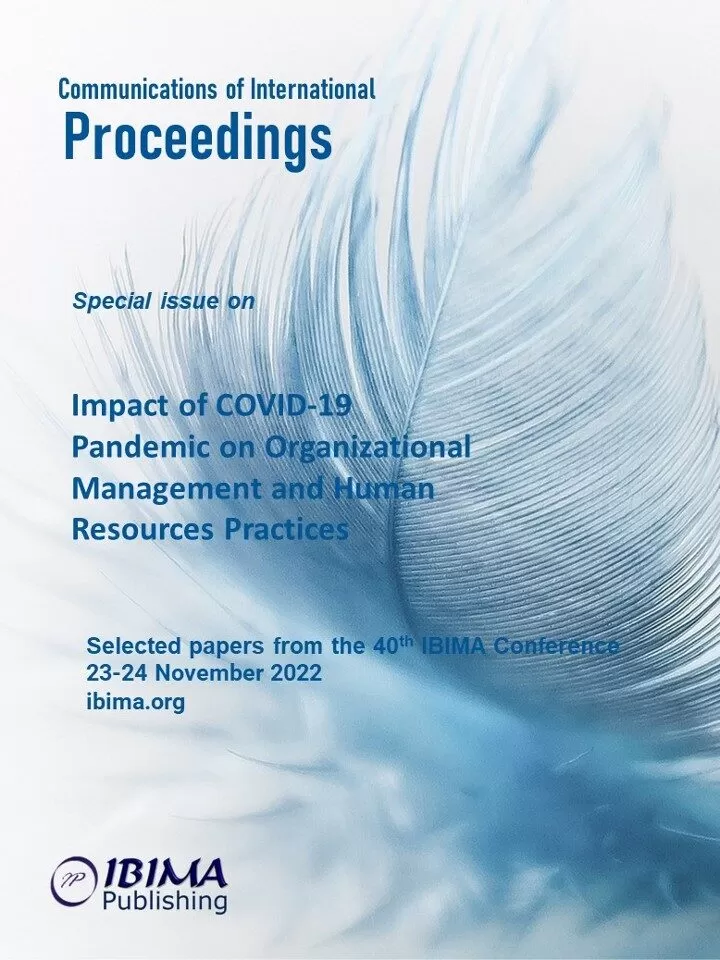
Lukasz BRZEZINSKI and Magdalena Krystyna WYRWICKA
1 Poznan School of Logistics, Poznan Poland
2 Poznan University of Technology, Poznan Poland

The COVID-19 pandemic, which started in December 2019 in Wuhan, China, changed the global economy significantly. Due to its unprecedented scale – for at least 100 years – the pandemic has been the source of a macro-economic shock. Its range and impact cause changes in the functioning of organisation, the market structure, competition principles and even in the legal system. This not only affects the volume of trade and prices, but also daily activities like shopping or greeting one another. At the same time, a series of economic processes have been seen to stop, including production and distribution of many goods, along with the freezing of transactions and debt. Since Coronavirus is an external factor, once the pandemic is over from the macroeconomic perspective, the economies of individual countries should be back to “balance” in the longer run. However, the way the global economy regains its growing trend will depend on how the virus subsides. Additionally, going down to the microeconomic level, a special role of individual entrepreneurs becomes notable, since by managing economic entities they are capable of cancelling the pandemic’s negative effects in order to survive in the market and, subsequently, implement growth strategies. Deloitte’s research has shown that the SARS-CoV-2 epidemic has had a negative impact on the functioning of 58% of Polish enterprises (Deloitte, 2020). This paper presents a case study of a micro-enterprise that manufactures packaging. The purposes of the article is to analyse the impact of the COVID-19 pandemic on the functioning of a Polish SME company, with particular focus on the effects on the domestic and international market, the role of IT systems in its business, the plans for the future and the state’s assistance.